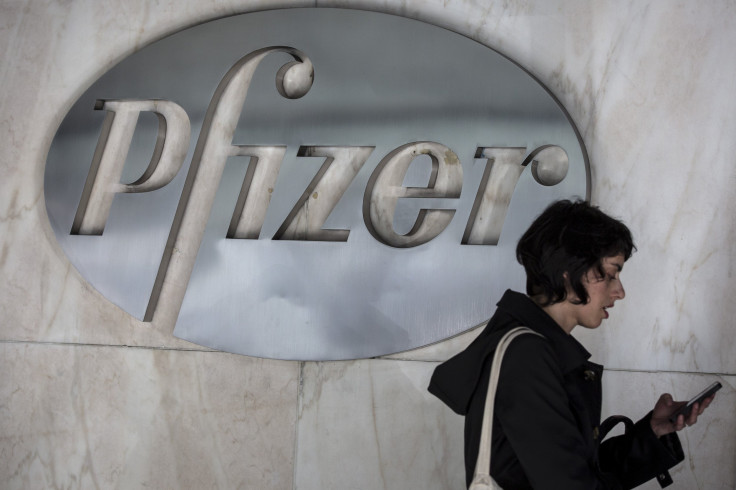Pfizer Partners With South Africa To Produce Pneumococcal Vaccine

CAPE TOWN (Reuters) - Global pharmaceutical company, Pfizer, has partnered with South Africa's Biovac Institute to produce a potentially life-saving pneumonia vaccine for infants, a cabinet minister said on Tuesday.
According to the World Health Organisation, pneumonia is the leading infectious cause of death among children worldwide, accounting for 15 percent of all deaths for children under the age of 5 years.
The five-year partnership, officially announced at Biovac's Cape Town manufacturing facility, will see technology transfer and skills upgraded for the production of 'Prevenar 13' vaccine on a sustainable basis, Science and Technology Minister Naledi Pandor said.
"There is more that we can do to cut the costs of the vaccine, and that is to manufacture the vaccine here in Cape Town," Pandor told a news conference.
Noting that vaccine prices have sky-rocketed over the last decade, Pandor said the pneumonia vaccine alone used up 40 percent of South Africa's budget for vaccines.
"There won't be an immediate saving because we will still continue to import ... but in the final analysis, when we get to 2020 we shouldn't be purchasing the vaccine in dollars but as manufactured in South Africa," Pandor said.
At the moment, government paid 184.90 rand for a single dose of imported 'Prevenar 13', which each infant needing three doses of the vaccine, according to the Biovac Institute.
South Africa's government holds a 47.5 percent stake in Biovac, which currently supplies over 25 million doses of vaccines a year to fight a range of diseases, including tuberculosis and polio.
By 2020, it was expected that Biovac, which also supplied vaccines across Africa, would provide 1 million South African babies with 3 million doses of the pneumonia vaccine.
An acute respiratory infection that fills the lungs and caused by bacteria, fungi or viruses, pneumonia killed 935,000 children under the age of 5 in 2013.
The technology transfer takes place over the next five years and will entail the packaging of labeled syringes first before manufacturing is expected to start in 2020, Pfizer country manager, Jennifer Power said.



























